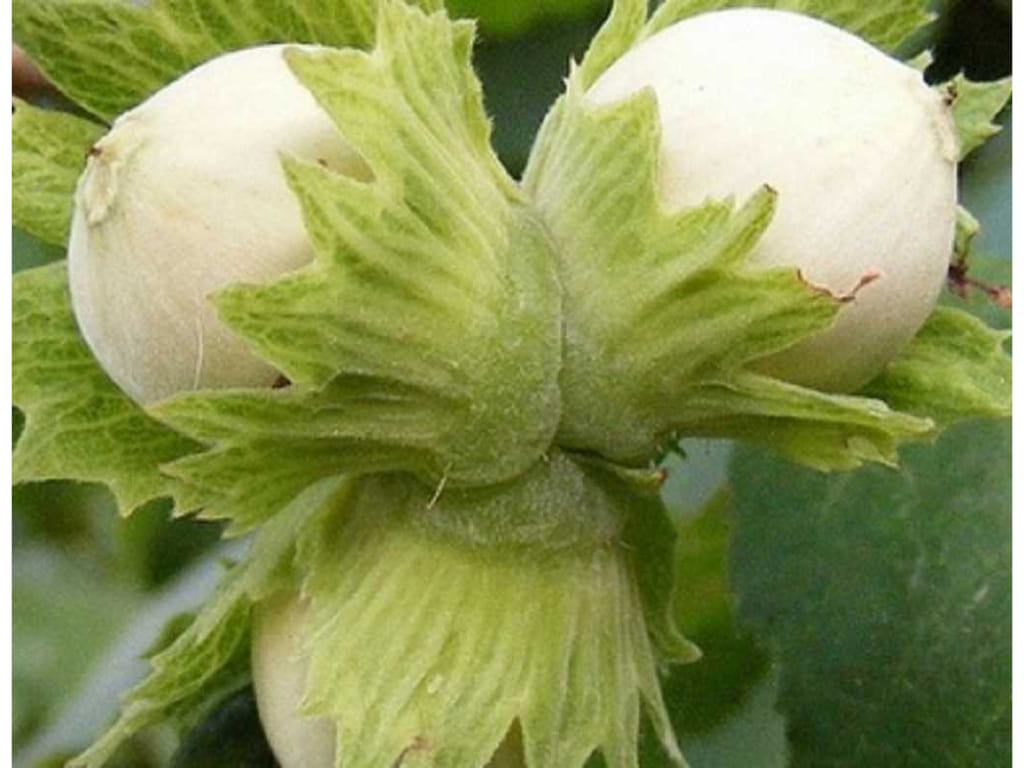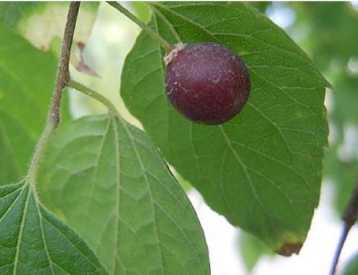What the Thinker Thinks
Perception is inherently limited. We often perceive only what we can conceive. Which is another way of saying that our perceptions are inherently limited by our conceptions, our concepts. We don't always see what is there, or how things are, but rather we see things as we are, through whatever lens we have developed.
"Whatever the Thinker thinks, the Prover proves."
Concepts at first are purely inherited through language, culture, and experience. A necessary velum or partition that surrounds and protects us and helps us relate and maneuver through the world. This is the velation, the veiling and covering of what is. But when the call to grow is heard, we are inevitable introduced to things that remove this velum, this partition. This is called revelation, the unveiling and uncovering of what is.
"Truth does not, and never has, come unadorned. It must appear in its proper clothing or it is not acknowledged, which is a way of saying that the 'truth' is a kind of cultural prejudice. Each culture conceives of it as being most authentically expressed in certain symbolic forms that another culture may regard as trivial or irrelevant."
Example: Plants aren’t intelligent, they don’t speak and therefore have no message to convey to humans. This concept is inherited by most, and naturally creates a reality where this is true. But when we respond to the call to grow, to step into the unknown and accept uncertainty, there comes a beautiful and terrifying moment when something comes along to negate this thesis, the antithesis, which invites us into a higher synthesis. Which in this case would be a higher conception of plants; that they are intelligent, that they do speak, and they indeed have a most profound message to convey. This higher conception then creates a new reality where this new idea becomes true. That is until something comes along to negate it and sends us even higher – spiraling into the unknown.
"It appears that all progress is from thesis, through antithesis to a new and higher synthesis, and this may be taken as a universal law of life."
The Hazelnut bush is intelligent. This is what I currently think. I can't prove it to others, but I, naturally as the prover, will prove whatever I think to myself. So how do I know I'm not simply delusional. Well, as I spiral myself into the unknown, wisdom compels two questions to always accompany what I think: Does this idea work? And is this idea beautiful? By spending time with and learning things about and from the Hazelnut, I can currently say yes to both.
"The Great Mind, contemplating its descent into matter, foresaw that it would have to school itself in its ways. it did so by pouring its direct and luminous intellect into molds, concepts, words, language, that splintered it, for rational and ratiocination presuppose what the words suggest, a process in which we ration or divide up reality into separate things to facilitate discussion. In the widest possible signification of the notion of sin, the mind consented to take on the sins of the world, the categories of matter and the language that in part reflects, in part creates, these categories."

